Air Scuba Diving Tips:
How to Reduce Consumption and Save Air
Have you ever had to cut a dive short because you ran out of air? Try these air scuba diving tips on your next dive to help you reduce your air consumption.
Maybe your buddy is frustrated because he always has more air than you, yet he has to cut his dive short too. However, all is not lost.
While your scuba air consumption should improve with time, there are some steps you can take now to make that tank last longer and conserve air while you are scuba diving.
Now that's a lot of air. Let's make it last longer.
Try these air scuba diving tips to increase the length of your dive:
- Dive, Dive and Dive Some More
- Breathe Deeply and Slowly
Ok, you probably don't want to hear this one, but the one thing that will improve your air consumption more than anything else is more diving. The more comfortable you get in the water, the less air you are going to use.
Have you noticed if you are on a week long scuba dive vacation you use less air at the end of the week than you did during your first dives? It's a function of being more comfortable and relaxing under the water.
So more dives under your belt is probably the biggest thing you can do to reduce air consumption. OK, that being said, here are some other air scuba diving tips you can use in the meantime:
You should not be taking lots of short, shallow breaths. You should breathe in deeply and slowly and slowly exhale. Do not hold your breath to try and decrease air consumption. This is a no-no as you learned when you were getting your certification.
- Stop Moving
You should use a minimum of movement. The more you are moving around underwater, the more air you will use.
- Remember. Move Less. Save Air.
Keep your hands out your side or held in front of you (or whatever position you are comfortable with). You don't need them to swim for the most part so don't use them. Just move forward with your fins. If you are on a drift dive you usually don't even need those.
Look at the experienced divers and divemasters. They just float along and barely move.
That is what you are aiming for.
Concentrate on your movements while underwater - and then stop those movements. No fidgeting allowed. You scuba air consumption will improve.
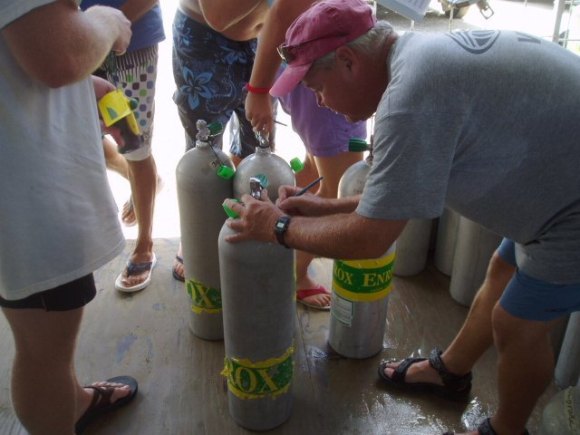
Tim checking his tank of Nitrox in Bonaire.
- Streamline Everything
- Get Neutrally Buoyant
- Stop Leaks
Make sure you have nothing dangling from your gear setup. This will create drag and increase air consumption. So get rid of those scuba accessories you don't use and have everything clipped and close to your body.
This has the added benefit of not damaging the coral from dangling equipment.
I know this is easier said than done, but this is one skill that will pay off in spades. Ideally, you want to be able to stay level at the safety stop with no air in your BC and about 500 psi in your tank.
If you are not properly weighted you will be putting air in the BC, letting air out of the BC and struggling to stay at the desired depth. Obviously, this is not the way to conserve air.
If you have problems with this skill, see our page of tips on buoyancy control.
Leaks here and there can use up a noticeable amount of air. Check your O-rings, inflater hose and connection points.
- Stay Horizontal
The more vertical you are, the greater the resistance swimming against the water and the more air you will consume. You many have to adjust where your weights, tank, BC are if you find yourself going vertical all the time.
- Go Shallower
If you are concerned about your dive being cut short, you can always
ascend a few feet above the group so you will use less air (remember
this principal from your certification class?).
And now for the last of our air scuba diving tips:
- Go Slow, Relax and Enjoy
- There is no need to be darting all over the place. Just go with the
flow (literally) and stop and enjoy the sights. Your dive will last
longer and you will see just as much.
I hope these air scuba diving tips will increase the length of your dive. Just remember to try and relax and keep your movements to a minimum. As you get more dives under your belt, you should see a decrease in your air consumption rate.
This isn't a competition, so just go out there and enjoy.
For even more tips on conserving your air and making that tank last longer, check out our special report "Stop Sucking Up Your Air". Click here for all the details.
Besides air scuba diving tips, we have lots more scuba diving tips you can check out:
Quick Video Tips on Air Consumption
Quick Video Tips on Buoyancy Control
How Not To Feel Intimidated On The Dive Boat
Click here for a full list of all our scuba diving tips
What's New
-
Happy New Year
Jan 01, 24 06:00 AM
Happy New Year everyone! I hope everyone is well and had a fun New Years Eve! May your new year be filled with lots of wonderful dives. All the best to you and yours in 2024! Let the dives begin. -
Happy Holidays
Dec 14, 23 05:05 AM
I hope everyone is enjoying the holiday season! I am always amazed at how fast time flies and another year is just around the corner. I wanted to pop in and say hi to everyone. I am doing some full ti… -
3 Common Scuba Diving Mistakes New Divers Make
Feb 23, 23 02:18 PM
In this video, I share 3 common scuba diving mistakes beginner divers make. Learn how to correct these for a better - and safer - dive. -
Scuba Diving Tipping Etiquette: How Much And When To Tip Scuba Crew
Feb 06, 23 03:34 PM
Not sure of scuba diving tipping etiquette? In this video I share who to tip, when to tip, how much to tip, tipping on liveaboards, tipping an instructor & more -
Scuba Diving Tips For First Time
Jan 29, 23 05:41 PM
These scuba diving tips for first time divers will help improve buoyancy control, air consumption, equalization and boat diving. Improve on your very next dive!
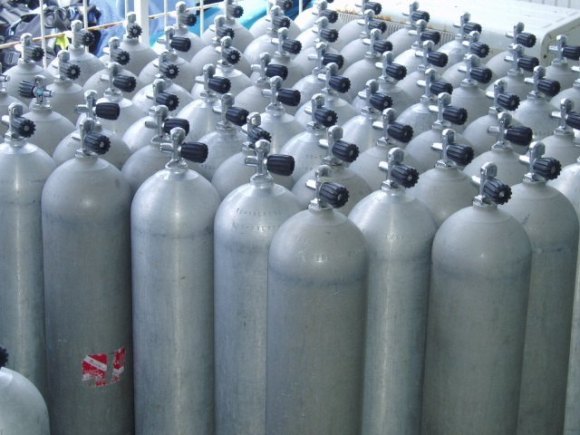
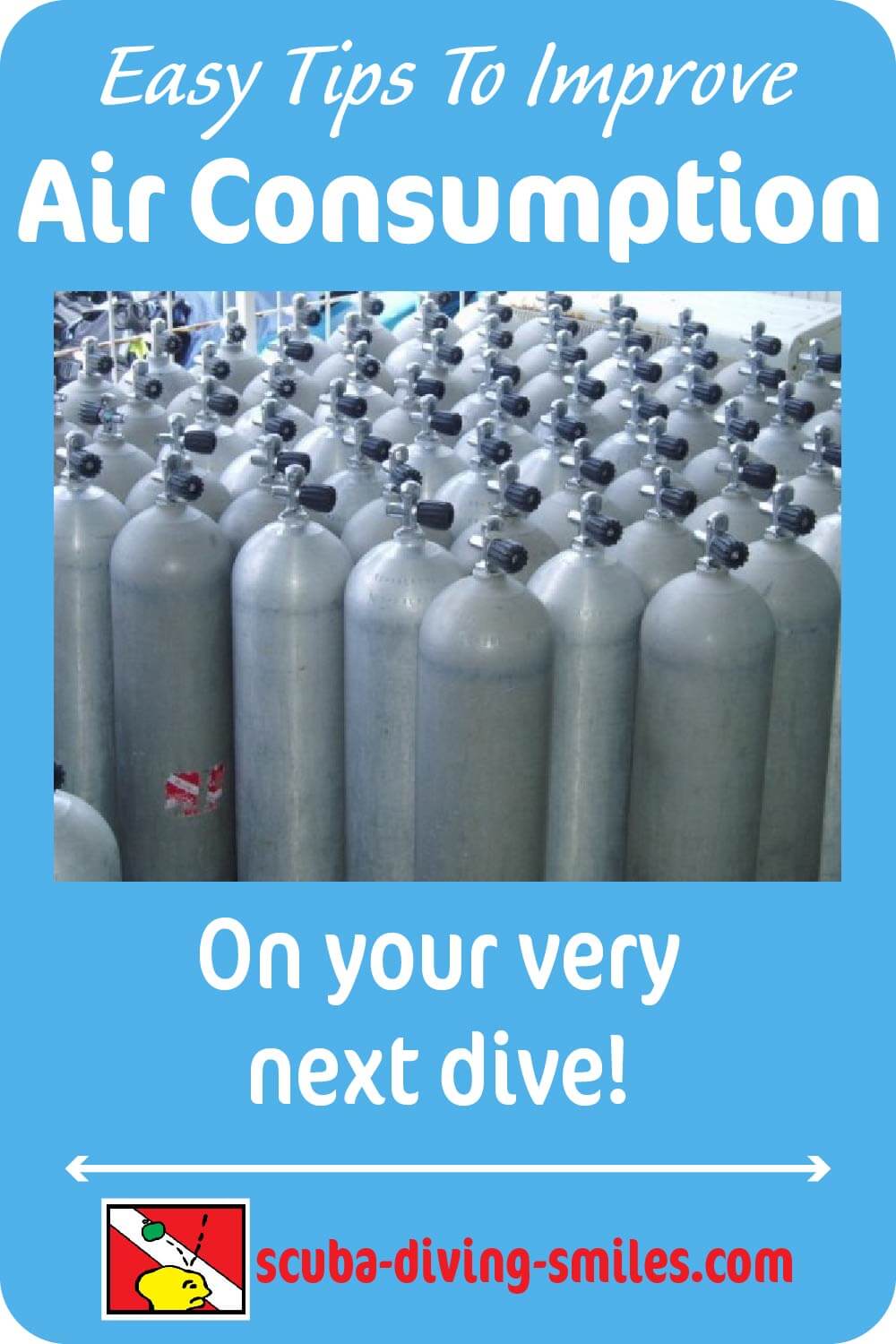
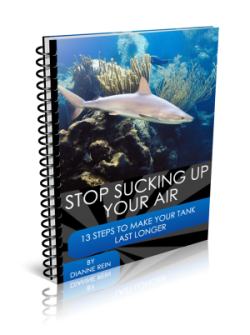



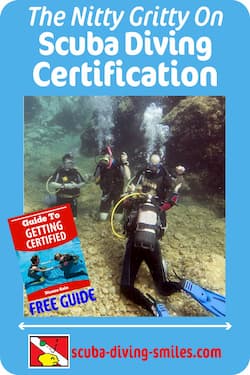

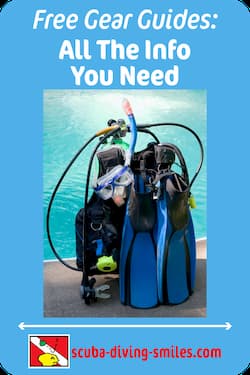


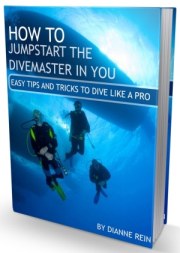
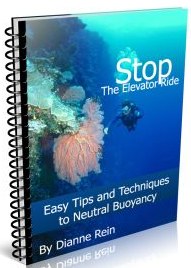
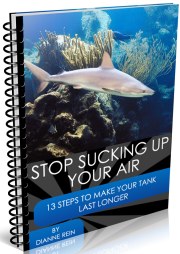
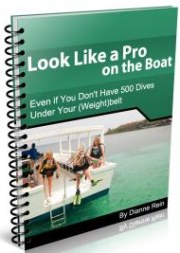

New! Comments
Have your say about what you just read! Leave me a comment in the box below.